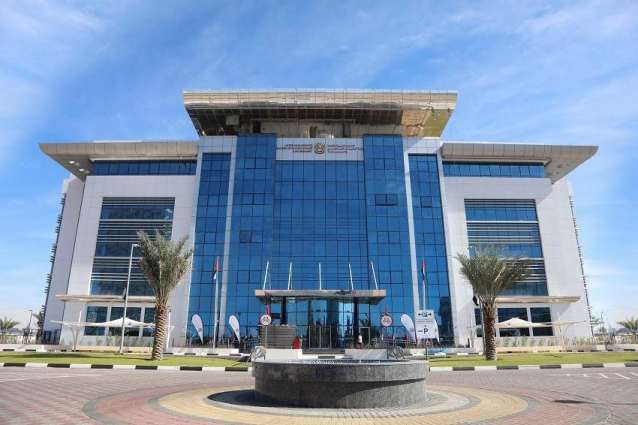The Ministry of Climate Change and Environment, MoCCAE, in collaboration with the International Union for the Conservation of Nature, IUCN, today concluded a two-day workshop to discuss the development of a National Action Plan for Invasive Species Management.
DUBAI, (Pakistan Point News - 21st Nov, 2019) The Ministry of Climate Change and Environment, MoCCAE, in collaboration with the International Union for the Conservation of Nature, IUCN, today concluded a two-day workshop to discuss the development of a National Action Plan for Invasive Species Management.
The session focused on the current status of invasive species in the country and aimed to identify key goals, objectives, and initiatives to manage them.
The workshop at Dubai Festival City drew the participation of competent government authorities across the UAE, as well as private sector stakeholders, representatives of NGOs, academia, and universities. The session continued the conversation from an earlier workshop that aimed to present UAE-specific checklists of invasive species.
As per the checklist, invasive species are defined as any plants, animals, and other organisms that can adversely impact human health and the economy, in addition to causing environmental degradation and the irreparable loss of natural habitats.
A survey carried out as part of the National Programme for the Sustainability of Wildlife revealed the existence of 24 invasive plants, animals, and other organisms in the UAE. The MoCCAE attributes the alarming number to the irresponsible behaviour of some individuals or businesses that lose the alien species in their possession accidentally or deliberately release them as unwanted pets.
Once approved, the National Action Plan for Invasive Species Management will align with the National Biodiversity Strategy and work to identify all invasive species and their pathways by 2021. Besides, it will aim to improve the conservation status of 70 percent of the most threatened species, while also endeavouring to reduce the loss of natural habitats, including critical habitats, by 25 percent by 2021.
Speaking on the relevance of the workshop, Salah Abdalla Yousif Al Rayssi, Acting Assistant Under-Secretary, Biodiversity and Marine Life Sectors at the MoCCAE, said, "Invasive species often compete with native species for the already scarce resources – soil, water, and food – as well as breeding sites. This ultimately leads to the extinction or decline in the population of the native species, which can, in turn, adversely impact the environment and the economy by harming the agricultural and fisheries sectors. Furthermore, they also spread diseases such as malaria and bird flu, thereby affecting human health."
He noted that the proposed National Action Plan will outline strategies for better managing and controlling the spread of these invasive species.




